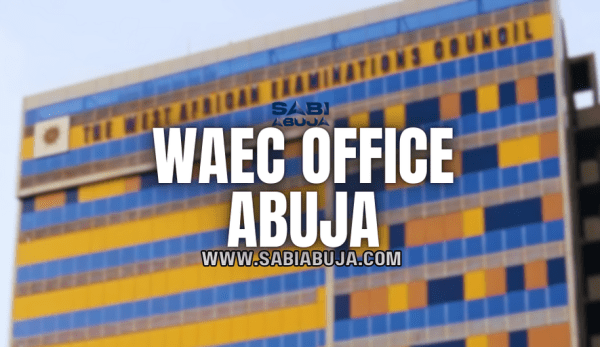By Abdul Lauya
The West African Examinations Council (WAEC) has sharply increased the reported pass rate in English Language and Mathematics for the 2025 West African Senior School Certificate Examination (WASSCE) after an internal review.
On Monday, August 4, 2025, WAEC announced that only 754,545 out of 1,969,313 candidates, representing 38.32 percent, obtained credit passes in five subjects, including the two core subjects.
However, by Friday, August 8, the examination body confirmed that 1,239,884 candidates, or 62.9 percent, actually met the benchmark.
The change followed the discovery of technical glitches in the marking of serialised objective questions, which had led to an undercount of successful candidates.
WAEC publicly admitted the error, attributing it to system-related discrepancies in its marking process.
The revision offers relief to thousands of students who now qualify for admission into higher institutions, potentially altering the competitive landscape for the 2025/2026 academic intake.
Stakeholders warn that the incident could dent public confidence in WAEC’s processes unless reforms are swiftly implemented.
WAEC has pledged to strengthen its quality assurance measures to prevent similar occurrences in future examinations.
Education analysts say the correction underscores both the high stakes of public examinations and the need for greater technological safeguards.
In Nigeria, English Language and Mathematics are compulsory prerequisites for admission into any degree programme.
The policy fuels public anxiety whenever there is mass failure in these two subjects.
Critics question whether this admission requirements aligned with international best practices or a response to Nigeria’s peculiar challenges, such as the high number of applicants vying for limited spaces in universities and specialised programmes.
While many countries require a basic proficiency in their official language, the universal insistence on Mathematics as a gatekeeping subject is less common globally.
Some education experts argue that Nigeria’s rigid approach may unnecessarily exclude capable candidates. Others say it ensures a minimum standard of literacy and numeracy in the workforce.
Investigation by Eye Reporters revealed that globally, admission policies vary.
In the United Kingdom, most universities require a passing grade in English and Mathematics at GCSE level (or equivalent) for many programmes, but exemptions exist for certain arts or vocational courses.
In the United States, there is no universal national requirement. Admissions decisions are based on high school transcripts, SAT/ACT scores, and course-specific prerequisites, with many humanities degrees not demanding advanced-level maths.
South Africa makes English (or Afrikaans) compulsory but restricts Mathematics requirements to STEM and business courses, allowing alternatives like Mathematical Literacy in other fields.
Eye Reporters reports that in contrast, Nigeria insists on passes in both English and Mathematics for all degree programmes, a stance critics say narrows access, especially for candidates strong in non-mathematical disciplines.
For advert placement and inquiries, publication of press releases, and news coverages, please call: Phone: 08052898434 Email: editor@eyereporters.com, click here to view the advert rates.


